Stakeholder management skills are vital for any marketing professional managing large or complex company-wide projects. For good relationships to thrive within a marketing team and between the team’s key stakeholders, it’s crucial to uphold good internal and external communications practices. It’s easy for teams to become siloed when strategies are not shared, leading to teams working at cross purposes or doubling up on work.
Equally, if external stakeholder communication does not offer visibility, it can strain even good relationships with investors for example. Having a stakeholder management strategy in place will help teams align through regular face-to-face meetings and updates via various channels.
Stakeholder mapping will help identify key stakeholders. There are four main groups:
- High interest – high power: These individuals are most important and need to be managed closely so that they feel included and can use their influence.
- Low interest – low power: Although these stakeholders need to be updated, their power is limited so simply monitor them for any change in their level of influence.
- Low-interest – high power: These stakeholders need to be kept satisfied because they have a lot of influence and yet their interest is low. Make sure that you don’t overwhelm them with information.
- High interest – low power: These team members are valuable because they feel deeply invested in the project, yet they don’t have much influence. Keep them updated and on-side.
Mapping will then help you plan a calendar of communications around certain milestones in the project and ascertain for which stakeholders and project teams the information is relevant at which point. When considering the various ways to update project stakeholders, it’s equally important to avoid bombarding people with non-relevant information. This can lead to low interest, potentially jeopardising stakeholder relationships and even the success of your project.
Accessibility should also be considered for those who are visually impaired. So, although infographics are a great way to share a lot of data in an instantly understandable way, it’s beneficial to annotate any visual assets in plain text with full details of the content. This is also useful for stakeholders who need certain statistics to share with and motivate their own teams.
Video is an easy and quickly digestible way to share top line news that is not always utilised. It doesn’t need to be a long or overly produced film, but with the shift to video communications throughout the pandemic, people have got more used to accessing information in this way. Once again, consider annotation in the form of bullet points elaborating on the key points covered, plus any useful stats. Host the video on a webpage and link to it in an email update so that you’re not filling people’s inboxes with large attachments. This also means that the video has a home and can always be accessed and referred back to.
As some businesses continue to work remotely at least some of the time, and certainly for international businesses in different time zones, video conferences are still the norm for many. It’s been reported via many news platforms that even during the first months of the pandemic, employees were feeling the effects of video call fatigue. This is another reason that pre-recorded video updates may be helpful so that different stakeholders can watch them in their own time. Of course, it’s still important to have one-to-ones as well as ensuring that there is sufficient time on any large video conference calls for Q & As so that everyone has a chance to speak.
While it’s easy to find a template engagement plan and take on various tips on how and when to meet with various stakeholders, all businesses are different. Some may find a weekly stand-up for all project managers helpful while others prefer a monthly debrief. Ask important stakeholders how they would like to be kept up to date and let this inform your stakeholder management plan. This will help you get buy-in from all involved and (hopefully) maintain stakeholder engagement. Good stakeholder management is agile and flexible so if a certain communication strategy is not gaining a good level of interest, always be willing to alter the plan (within reason – too many alterations and you may fail to build trust). Mould your stakeholder engagement strategy to stakeholder needs so that you can easily manage expectations and ensure high interest.
To support the regular meetings that make up your engagement plan, make sure that any documents shared in the meetings are easy to find and access for all project teams. It is also worth sending a well thought out email round-up. Keep these communications regular and consistent so that stakeholder expectations are met in good time. Think of these emails as a kind of newsletter: the more varied the information and means through which data is visualised, the more likely stakeholders will be to keep informed.
Consider your project holistically when thinking about how information is shared and trickles down. The stakeholder analysis that came from mapping will allow you to identify the different levels of participation, interest, and influence and how this will contribute to a successful project. Stakeholder groups involved earlier on in the lifecycle will have to make sure that they have documented all relevant information to pass onto the next stakeholder group in the cycle. The sooner and more accurately this is done, the more efficient the decision making and risk management will be for this next stage of the project. Although the project sponsor oversees all of this, they will rely upon high power stakeholders within each team to keep the cycle turning as effectively as possible. Remember that project management is as much about stakeholder management skills like delegating and gaining the support of others as it is about leading.
Improve your stakeholder management skills
If you’re a marketing professional who wants to hone your leadership and project management skills to take your career to the next level, an MBA Marketing from North Wales Management Skill could be the ideal fit. Ranked in the top 10 UK universities for employability for part-time students in employment, find out more about how you can gain your master’s with career-focused, flexible study.




